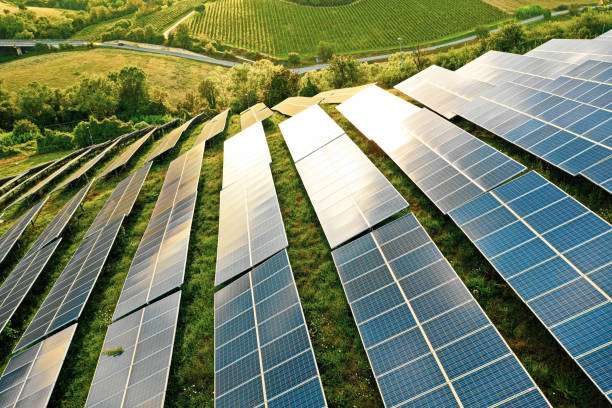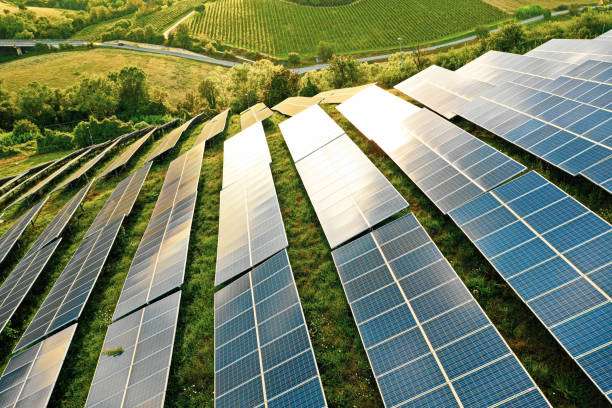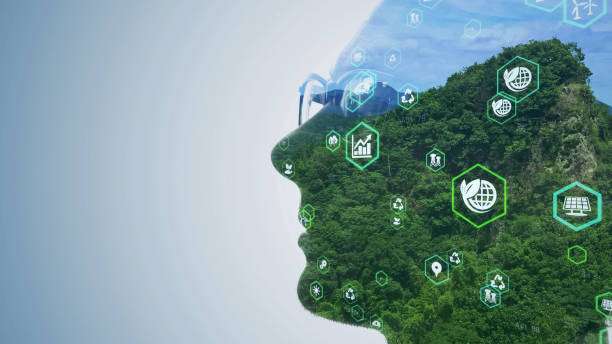How Can We Achieve Sustainability in Development?

August 21, 2023
sustainability in development
Sustainability in development refers to the practice of designing and implementing strategies, projects, and policies that promote economic, social, and environmental well-being while ensuring that the needs of the present generation are met without compromising the ability of future generations to meet their own needs. The concept of sustainability aims to create a balance between economic growth, social equity, and environmental protection. It's often referred to as the three pillars of sustainability: economic, social, and environmental.
Here are key aspects of sustainability in development:
Economic Sustainability:
Economic sustainability involves promoting economic growth, productivity, and stability in a way that benefits all members of society. It emphasizes responsible resource management, equitable distribution of wealth, and reducing inequalities. This can involve diversifying economies, promoting local businesses, and ensuring that economic growth is not driven by the unsustainable depletion of natural resources.
Social Sustainability:
Social sustainability focuses on ensuring that development benefits all members of society and maintains social cohesion. It involves promoting human rights, social equity, access to basic services (such as education, healthcare, and housing), and community engagement. Projects and policies should aim to enhance quality of life, foster cultural diversity, and address social disparities.
Environmental Sustainability:
Environmental sustainability involves protecting and conserving natural resources, reducing pollution, and minimizing negative impacts on ecosystems. It emphasizes practices that reduce carbon emissions, promote renewable energy sources, manage waste effectively, and preserve biodiversity. The goal is to prevent irreversible damage to the environment while supporting long-term ecological health.
Long-Term Perspective:
Sustainability emphasizes long-term planning and decision-making rather than short-term gains. It takes into account the potential consequences of development actions on future generations and seeks to avoid actions that could compromise their well-being.
Holistic Approach:
Sustainability requires a holistic approach that considers the interconnectedness of economic, social, and environmental factors. Decisions in one area can have ripple effects on the others, so solutions must be integrated and balanced.
Community Involvement Programs:
In sustainable development, communities are often involved in the decision-making process to ensure that projects meet their needs and respect their values. Community engagement fosters ownership, participation, and a sense of responsibility.
Corporate Social Responsibility (CSR):
Businesses play a role in sustainable development by adopting practices that consider environmental and social impacts. Many companies engage in CSR initiatives, which can include ethical sourcing, reducing environmental footprints, and supporting local communities.
Policy:
Governments play a crucial role in promoting sustainability through policies, regulations, and incentives that encourage environmentally friendly practices, social equity, and responsible economic growth.
Awareness:
Educating the public about sustainable practices and the importance of making conscious choices can lead to broader adoption of sustainable behaviors.
International Cooperation day:
Many global challenges, such as climate change and biodiversity loss, require international collaboration to find solutions that transcend national borders.
Sustainability in development acknowledges that progress should not come at the expense of future generations or the health of our planet. It aims to create a more balanced and equitable world where economic growth, social well-being, and environmental protection coexist harmoniously.





